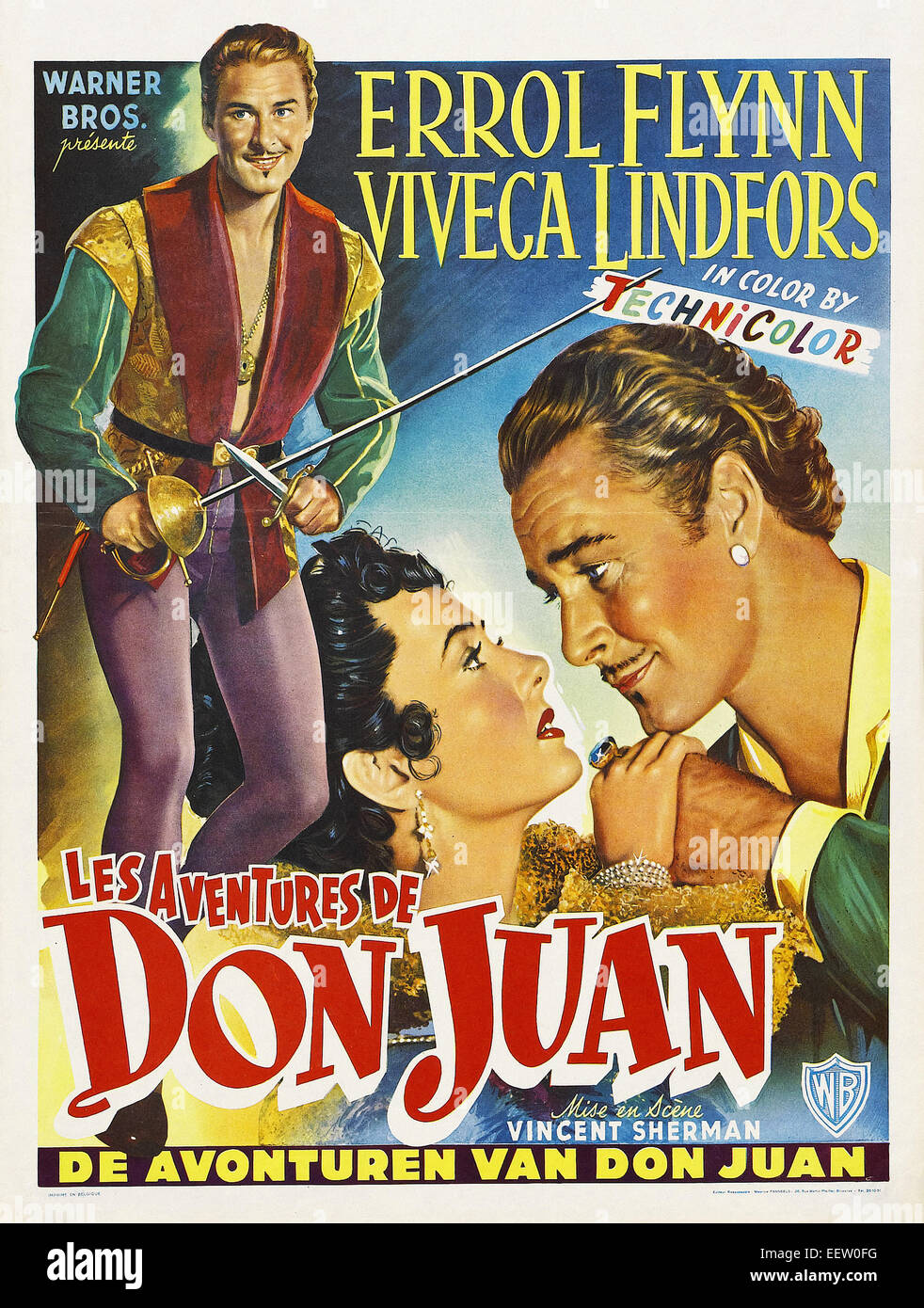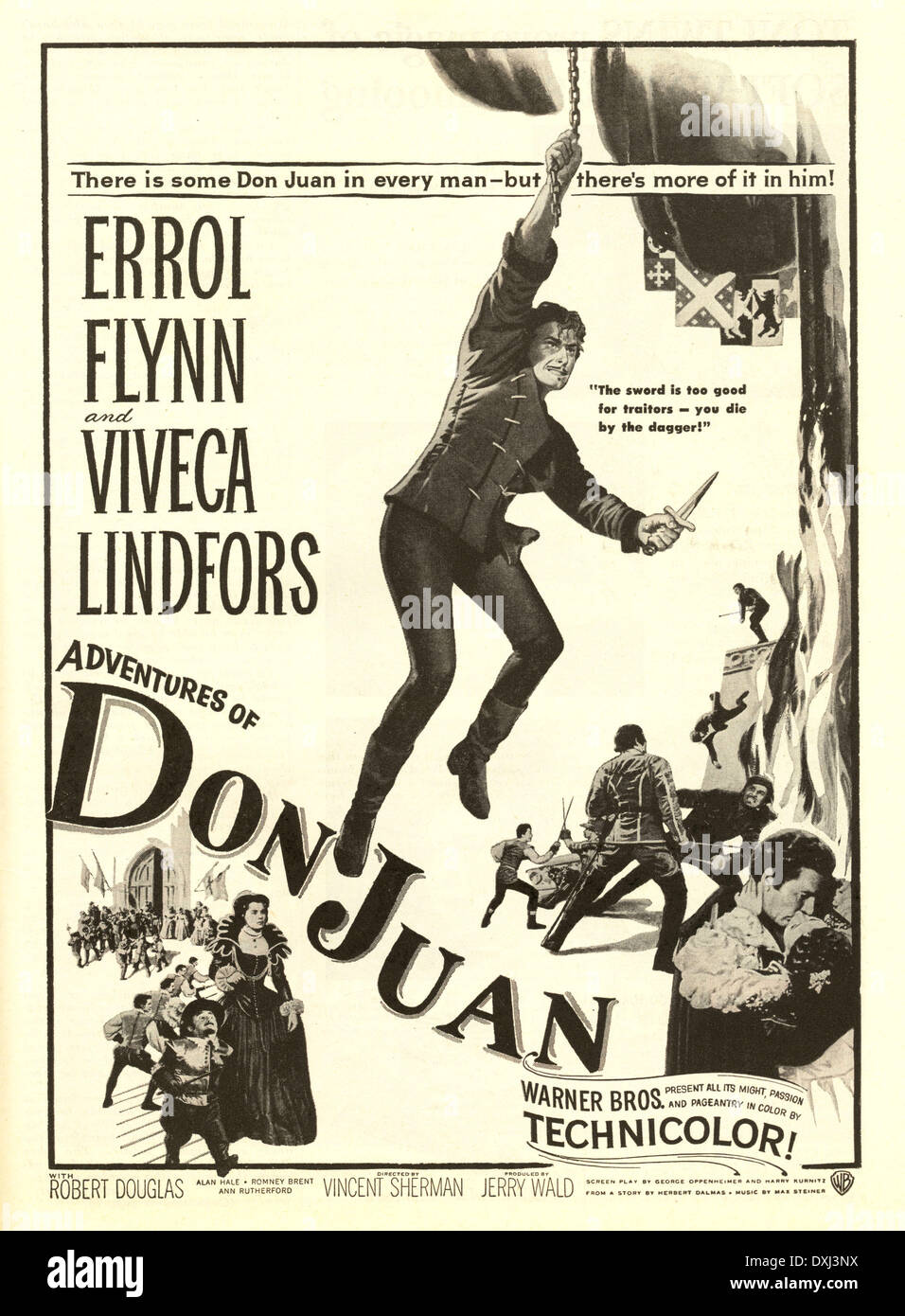Does a single character, born from the mists of legend, possess the enduring power to captivate audiences across centuries and cultures? The tale of Don Juan, a figure synonymous with libertinism and seduction, remains a potent force, continuously reinvented and reinterpreted in literature, opera, and beyond.
The story of Don Juan, a figure etched into the collective unconscious, first emerged in the early 17th century, originating in Spain. The definitive origin is often credited to Tirso de Molina's play, "El Burlador de Sevilla y Convidado de Piedra" (The Trickster of Seville and the Stone Guest), penned in 1630. This initial portrayal set the stage, establishing Don Juan as a nobleman with a penchant for seduction, a character whose actions would ripple through the literary landscape.
| Characteristic | Details |
|---|---|
| Name | Don Juan (Various spellings: Don Giovanni, etc.) |
| Origin | Spanish Legend, first formalized in Tirso de Molina's play, "El Burlador de Sevilla" (1630) |
| Archetype | The Libertine, Seducer, and Scoundrel |
| Key Traits | Charm, recklessness, a disregard for social conventions, and an insatiable desire for conquest. |
| Notable Works | Tirso de Molina's "El Burlador de Sevilla", Mozart's opera "Don Giovanni," Lord Byron's satirical poem "Don Juan" |
| Symbolism | A symbol of unrestrained passion, rebellion, and the pursuit of pleasure. |
| Cultural Impact | Has influenced countless works of art, literature, and music, shaping the romantic and anti-heroic figures in modern culture. |
| Associated Themes | Seduction, betrayal, revenge, morality, fate, and the consequences of one's actions. |
| Noteworthy Adaptations | Opera, ballet, theatre, and film adaptations across different cultures. |
| Reference | Wikipedia: Don Juan |
Don Juan, as envisioned by Molina, was no mere lover; he was a provocateur who defied societal norms. His actions, primarily seducing women and then abandoning them, were often driven by a reckless pursuit of immediate gratification. His exploits were not confined to the drawing-rooms and boudoirs of the nobility. The story is also marked by violence, as Don Juan is a character who commits murder, and his defiance extended even to the supernatural.
- Unlock The Potential Remoteiot Behind Router With Raspberry Pi For Free
- How To Manage Remote Iot App For Free A Comprehensive Guide
The character's core elements the charm, the audacity, the penchant for seduction, and the ultimate disregard for consequences resonated with audiences. From Spain, the legend began its journey across Europe, taking root in various cultural landscapes and evolving with each retelling.
The character found a new home in English literature, most notably in Lord Byron's unfinished satirical epic poem, "Don Juan," written between 1819 and 1824. Byron's interpretation offered a provocative twist on the legend. In his hands, Don Juan became less the predatory seducer and more a victim of circumstance, a naive young man swept along by the currents of love and desire. This interpretation of Don Juan shows the character from different perspective, who is the object of seduction by women.
Byron's "Don Juan" is a poem of wit, and social critique. It is through Byron's unique voice that the character transcends his original framework, turning into a vehicle for social commentary. The poem is a blend of narrative, satire, and personal reflection, with the character's adventures serving as a framework for Byron's observations on life, society, and human nature.
- Best Remote Iot Monitoring With Raspberry Pi A Comprehensive Guide
- Mastering Remote Iot Vpc Ssh Raspberry Pi Download Your Ultimate Guide
Byron's approach to Don Juans story offers a new perspective. In Byron's poem, the character is passive in nature, often falling prey to the charms and machinations of women. This change of perspective is a defining characteristic of the Byron's take of the character.
The very name, "Don Juan," became a synonym for a specific type of character and behavior. The character in opera and literature has become a reference point for an often handsome, charismatic man of dubious morality. In many ways, Don Juan became the antithesis of the ideal romantic hero, a charming scoundrel, and a symbol of the tension between desire and duty, freedom and responsibility.
The legend of Don Juan is not limited to a specific version or medium. The theme is interpreted according to different cultures, the story has been adapted in various languages and art forms, reflecting diverse social values. The character is the source of inspiration for many artists.
The legend's universal appeal lies in its ability to reflect the complexities of the human condition. The story deals with fundamental themes like desire, morality, revenge and consequence. The story has a compelling nature to explore the depths of human behavior.
The tale takes a dramatic turn as Don Juan, attempting to seduce a young woman, Donna Ana, is discovered by her father, the commander. The ensuing challenge to a duel represents a high point of drama. The resulting combat is a test of Don Juan's skill, bravery, and morality. The story does not shy away from the dark side of the character.
The story of Don Juan is still popular, and it is not just a story of seduction; it is a mirror held up to society, and a reflection of our human desires and the social constraints that attempts to limit them.
The versatility of the Don Juan theme has made it a popular subject of adaptation for diverse art forms. It has gone beyond its Spanish origins. Don Juan's ability to adapt to different media is also a hallmark of his legacy. The character continues to reappear in new productions across different cultures.
In Hungary, there is an interesting take of Don Juan, who has seduced many women. The character uses women for marriage to get financial benefits.
The story is told in different languages, and the story has been represented in operas, such as Mozart's "Don Giovanni," and a number of theatrical adaptations, showcasing the lasting influence of the character across cultural boundaries.
The character of Don Juan is associated with different traits. The character of Don Juan is portrayed in different forms such as:
- The Seducer: The most common portrayal, highlighting his charm and ability to win over women.
- The Rebel: A figure who defies social norms and moral constraints.
- The Anti-Hero: A complex character with flaws and contradictions, making him more relatable.
- The Tragic Figure: One who is ultimately doomed by his actions.
- The Romantic Hero: Despite his flaws, he is often seen as passionate and defiant.
In essence, Don Juan is a protean character whose essence lies not just in his actions but in his capacity to be repeatedly reimagined to reflect the complexities and contradictions of the human experience.
The story also presents a complex look at morality. The story's enduring appeal lies in its ability to make us question values. The character and his actions represent challenges to the traditional notions of the right and wrong.
Don Juan's story is more than just a narrative of seduction and betrayal; it is a study of the consequences of actions. This is also about the eternal struggle between personal desires and the values of society.
In the end, the story of Don Juan is still popular because it explores universal themes. It is a reminder of our shared humanity, our desires, fears, and the consequences of our choices.
- Best Remoteiot Platform With Free Ssh Key For Raspberry Pi
- Mastering Remote Iot Vpc Ssh On Raspberry Pi Free Windows Download Guide


